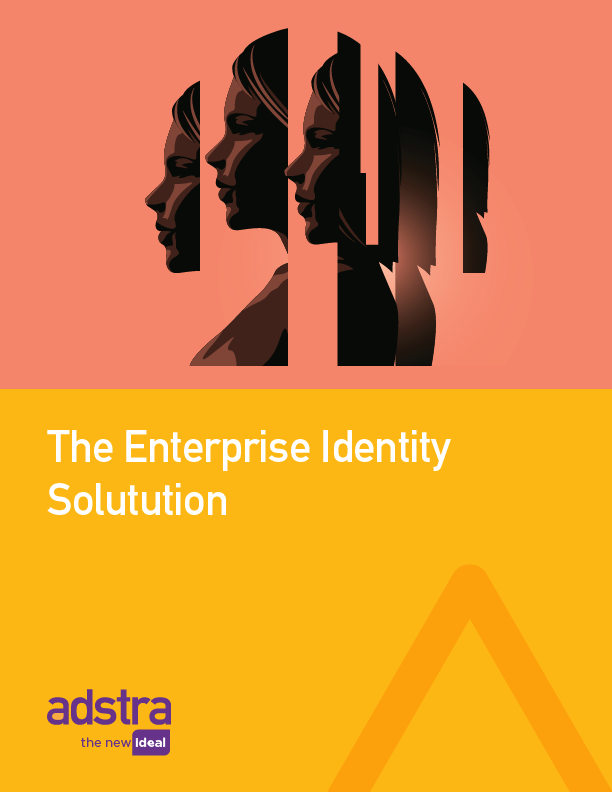24 November 2020 19:22pm
New Thoughts, New Ideals
This week’s New Thoughts, New Ideals column was written by Steve Chudleigh, EVP Data Strategy & Operations at Adstra
The legacy model built by data companies over many decades has been crumbling for years, and the latest shifts toward a privacy-first future are laying it to rest once and for all. As this model gives way to another paradigm, it’s essential that the relationship between data companies and their clients be reimagined for the future.
The days of data companies playing a middleman role between enterprises and their data activations are over, but a wholesale pivot in which data companies become strictly self-serve tech providers isn’t sustainable either. What we need is a model in which data companies assume the role of teachers—rather than intermediaries—for their clients.
The Breakdown of the Legacy Model
In recent years, the traditional data model has become overwrought with services. These days, legacy data providers are compensating for their failure to innovate and reimagine their own tech stacks by layering on expensive bespoke services through which the data companies try to bend their own infrastructures to the needs of their clients. These expensive service layers not only mask the insufficiency of the data company’s core technology, but they also keep the clients in the dark as to how to organize, connect, and activate their own data.
The ideal solution to this problem isn’t the elimination of services. Rather, we need a model powered by a modern, agile software solution in which any services rendered serve to strengthen a client’s business, rather than simply doing some short-term work on its behalf.
When looking at the current state of affairs in the data ecosystem, it’s useful to recall an old adage: “Give a person a fish, and you feed them for a day. Teach a person to fish, and you feed them for a lifetime.”
Traditional data companies have been selling companies their fish for decades—and marking those same fish up more and more as the years have passed. The markups haven’t reflected an improvement in the quality of the fish, but rather compensation for the vendor’s technological insufficiencies and a lack of knowledge on behalf of the clients. But the era of data companies selling fish to their clients is over.
Learning to Fish
Even if clients were willing to continue to pay data providers’ exorbitant markups for declining results, they simply can’t any longer. In a cookieless, first-party-data-driven world, companies need to own their own fish. They need to know where they come from and be able to account for their origins. In other words, today’s enterprises must be stewards of their own data. Passing it back and forth to third parties without a sufficient understanding of how it’s being used and activated is a fast path to data leakage, data breach, and regulatory noncompliance.
When it comes to organizing and activating their data, it’s time for enterprises to learn how to fish. However, there’s a big difference between data providers teaching clients to fish versus simply handing them the equipment and walking away. Unfortunately, the latter is precisely what a lot of today’s emerging SaaS-based data companies are doing. They’re swinging away from services entirely and simply granting enterprises access to their tools. Unfortunately, companies don’t know how to put these tools to use in a way that achieves their goals and protects their data.
What we need is a balance between these two approaches. To belabor the fishing analogy a bit further: Data companies need to give companies better poles, better bait, and top-of-the-line fish finders—and teach them to use them properly. To do that, they need to provide enterprises with intuitive, agile, SaaS-based software and give them access to knowledgeable experts—not just software engineers—who can help them use it.
Today’s data companies also need to be willing to climb into their clients’ boats in order to properly transfer the knowledge that these companies need to future-proof their data operations. That means providing solutions that enable all data manipulation and activation to happen behind a company’s own firewall. In this way, data companies cease to be mere middlemen who sit between brands and the activation of their data. Rather, they become the true partners that today’s new data reality demands.




